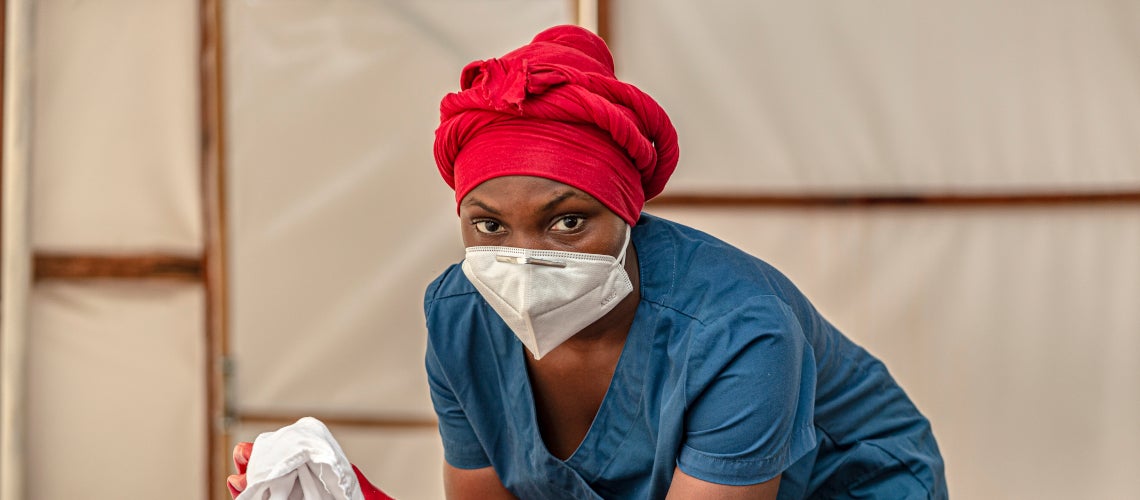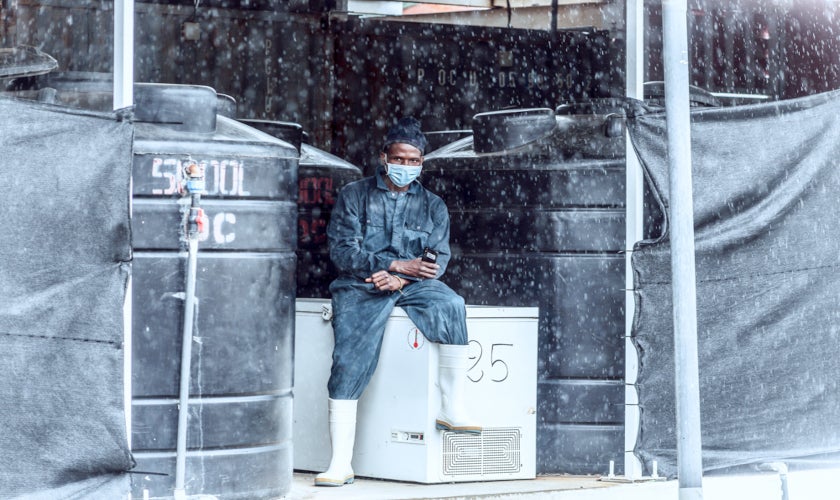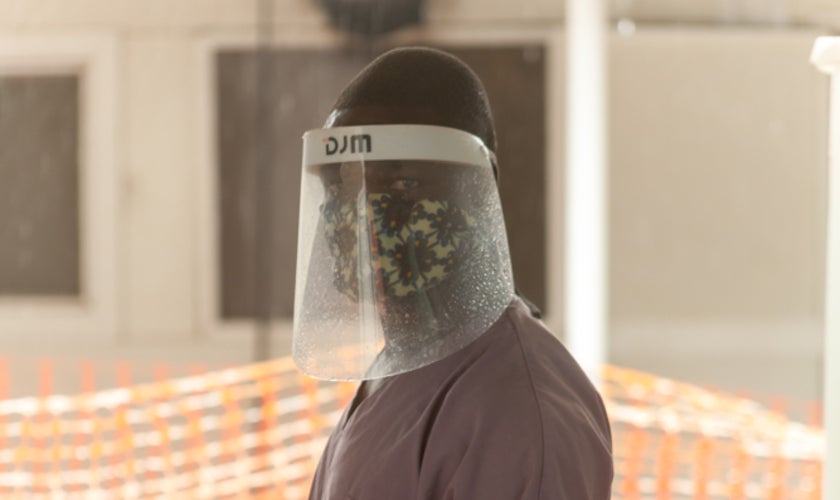 Using the Knowledge from Ebola
Using the Knowledge from Ebola
Having worked as a Task Team Leader for health projects related to Guinea for close to 20 years, I have experienced and have had to handle almost all the major health crises faced by the country.
In 2015, we were all surprised by the virulence of the Ebola epidemic and lacked the experience to respond to a disease of that magnitude . At the time, the Guinean health care system was facing several problems, including a weak surveillance system and limited logistical capacity, inadequate financing of the sector, a shortage of qualified human resources, and a lack of health units to handle highly contagious diseases at all levels of the health care system.
To address this situation, Guinea established a coordination center that quickly developed a prevention and response strategy, thus paving the way for active participation by all the partners. Although the World Bank did not have appropriate emergency response tools at that time, it was able to develop support mechanisms for the three countries affected by the pandemic (Guinea, Liberia, and Sierra Leone) over a three-month period. Guinea received two grants of $25 million and $75 million as well as $50 million in budget support. The Ebola virus was therefore defeated through the collaborative efforts of the government and all the partners, including NGOs and associations.
The big difference between the responses to Ebola and the coronavirus (COVID-19) lies essentially in the country’s level of preparedness. During the Ebola epidemic, the reaction of the countries, the World Health Organization, and all the actors involved was not immediate. In contrast, well before the first cases of COVID-19 surfaced in Guinea, the country had devised a response strategy , had established a budget for which funding had already been mobilized, and was equipped with knowledge gained from combating Ebola. These were all decisive factors.
While the countries of the subregion were competing with each other to send their samples to the Institut Pasteur de Dakar, Guinea had three laboratories capable of performing the screening test. The partners also reacted much faster than they did during the Ebola health crisis. Without waiting for the first cases to emerge in Guinea, the World Bank provided $12.5 million to the country through its Regional Disease Surveillance Systems Enhancement (REDISSE) Project for the funding of the initial response measures. It also disbursed $10.7 million in emergency financing for the project to combat the COVID-19 pandemic. This financing covered initial expenditures, in particular the purchase of personal protective equipment for health care workers, laboratory and resuscitative equipment, supplies, and vehicles (including ambulances), as well as the cost of information campaigns and the opening of health centers.

Although we have gained much knowledge from our experience combating Ebola, many challenges remain, among them population fatigue and the failure to comply with preventive and social distancing measures, as well as the lack of personnel training and equipment outside of epidemiological treatment centers as the virus spreads throughout the country. To eliminate these obstacles, awareness-raising campaigns need to be stepped up, personal protective equipment purchased for all health care workers, and ongoing training programs established.
However, we also have the knowledge and resources needed to overcome these challenges. While it may take time to raise awareness and educate the population, I hope we will manage to do so, as this is the price we must pay to achieve success.



Join the Conversation